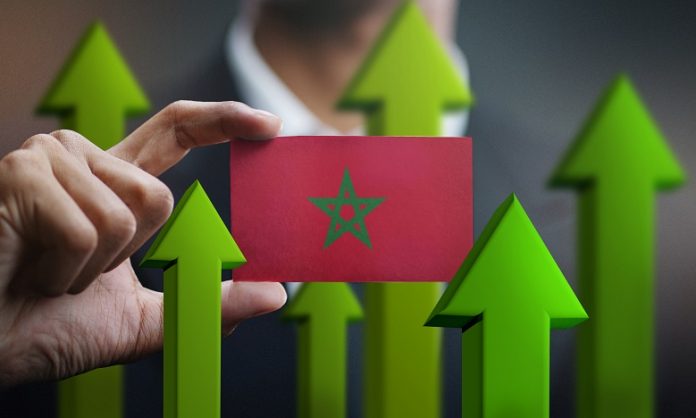Morocco’s national economy grew by 3.4% in 2023, a notable increase from the previous year’s 1.5%, according to the High Commission for Planning (HCP).
Driven primarily by domestic demand, this growth occurred despite a backdrop of high inflation and a reduction in the national economy’s financing needs, HCP noted in its report on the 2023 economic situation.
Non-agricultural activities expanded by 3.5% in volume, while the agricultural sector saw a 1.4% increase, the HCP report specified.
Breaking it down, the primary sector’s value added increased by 1.6% in 2023, recovering from a significant drop of 11.8% the previous year. This rebound is attributed to a 1.4% rise in agricultural activity, which had plummeted by 11.3% the previous year, and a 7% growth in fishing activities, which had previously decreased by 20.8%.
Meanwhile, the secondary sector experienced a 1.3% increase in value added, reversing a 2.7% decline from the previous year. This sector’s performance was bolstered by a 2.7% rise in manufacturing, a 0.7% increase in electricity, gas, water, sanitation, and waste services, though offset by declines in extraction industries (down 2.7%) and construction and public works (down 0.4%).
The tertiary sector, however, showed a deceleration in growth, slowing to 4.4% from 6.8% in 2022. This slowdown was evident in various sub-sectors: accommodation and food services grew by 23.5%, research and development and business services by 5.1%, financial and insurance services by 5%, information and communication by 3.5%, education, health, and social services by 3.4%, and public administration and social security services by 2.2%.
In contrast, there was an acceleration in the growth of transport and storage activities (up 5.9%), real estate services (up 3%), and trade and vehicle repair (up 1.5%).
Given these conditions, and factoring in a 4.9% increase in net taxes on products, the Gross Domestic Product (GDP) in volume recorded a 3.4% growth in 2023, up from 1.5% the previous year.




